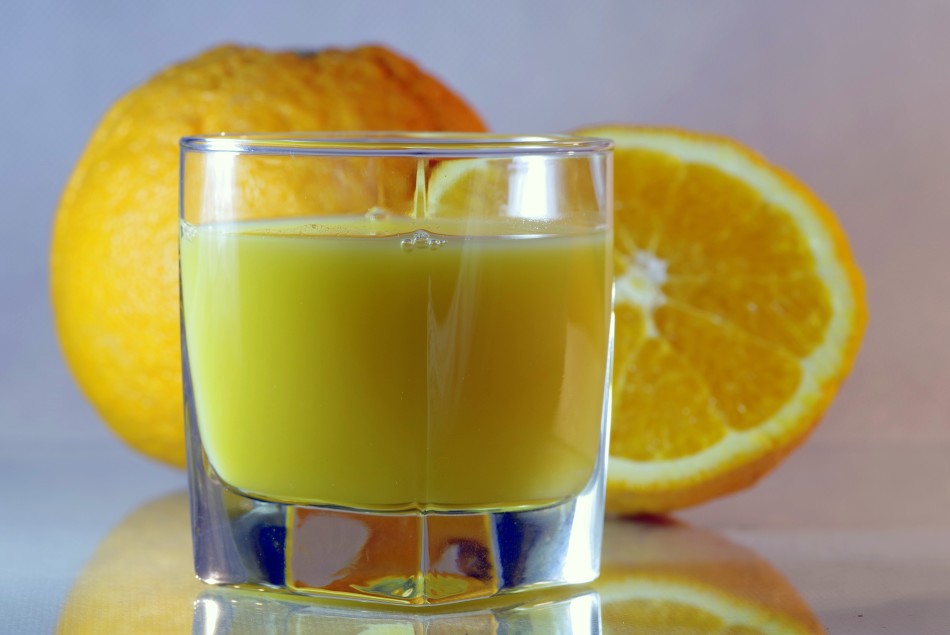Summer hydration and the role of juices

Summer hydration and the role of juices
1 min read
Our body is around two-thirds water, but we’re constantly losing water through our skin and lungs as we breathe. It’s therefore essential that we consume enough each day to replace losses and ensure our body performs well physically. We get fluid not just from water but from all the drinks we consume except strong alcoholic drinks, and around 20% of our total fluid intake comes from food. In warmer weather and when we exercise, we need to consume more water to stay properly hydrated.
100% fruit juices provide more than just hydration as they’re also packed with vitamins, minerals and phytonutrients. One study has shown that, compared with drinking plain water, 100% orange juice has a higher beverage hydration index, meaning it’s more effective at keeping us hydrated [1]. This is because of its significant potassium content, which acts as an electrolyte to increase fluid uptake. Fruit juice is comparable to the hydrating effects of milk and oral rehydration solutions, which also contain electrolytes (sodium and potassium). The authors also report that both milk and orange juice help to maintain positive potassium balance in the body, a mineral which is proven to support normal blood pressure.
Another study found that 100% orange juice is just as effective as water or a carbohydrate electrolyte drink in terms of hydration, quenching thirst and electrolyte balance after aerobic exercise [2]. This suggests that a simple glass of 100% orange juice may be a good drink to try after exercise.
Top tips for healthy hydration this summer:
1. Aim for 6-8 glasses of non-alcoholic fluids each day
2. One of these servings can be a 150ml glass of 100% fruit juice
3. Include high-water content foods like fruits, vegetables, soups and yogurts
4. Tea and coffee do count, but try to consume them without added sugar
5. Have a drink with every meal and snack.
References
1. Maughan RJ et al (2016). https://pubmed.ncbi.nlm.nih.gov/26702122/
2. Kelly MR et al (2020). http://www.annexpublishers.com/articles/JNH/7101-Gastrointestinal-Implications-of-Post-Exercise-Orange-Juice-Consumption.pdf
